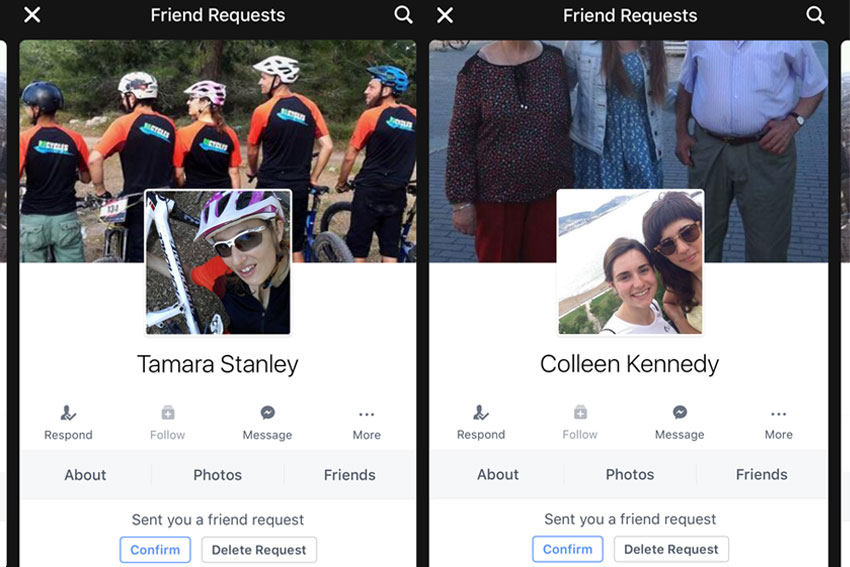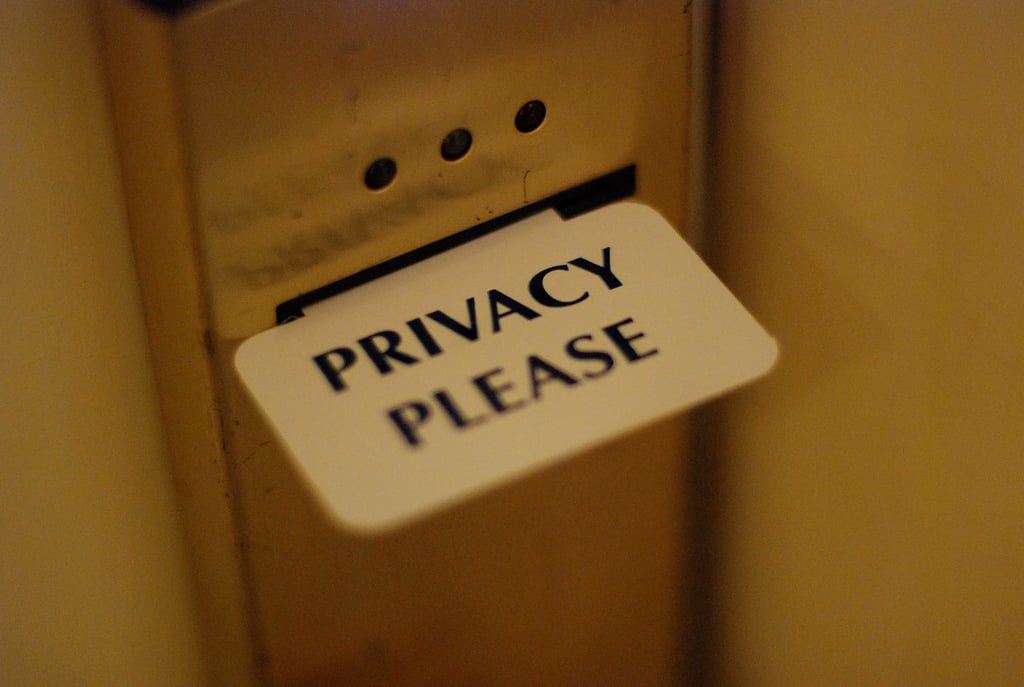Can Someone Steal Your Online Identity and Become You?
Can Someone Steal Your Online Identity and Become You?

When the average person thinks of getting their identity stolen online, thoughts of credit card fraud typically come to mind. What if a criminal’s intention wasn’t just to buy themselves a nice round-trip ticket, or rack up a house full of chachkies like the movie Identity Thief?
What if their motive was to truly become you? Even to the point where friends and neighbors thought they were dealing directly with you. It’s scary to think about, but as the video ad below from Febelfin (the Belgian Financial Sector Federation) shows, most of us are storing all the details of our personal lives right out in the open on Social Media. Enough information for someone with malicious intent to know intimate details of your daily life.
Watch The World Burn
Remember that great quote from Alfred during The Dark Knight Rises?
“Some men aren’t looking for anything logical, like money. They can’t be bought, bullied, reasoned or negotiated with. Some men just want to watch the world burn.“
It seems like where we’re headed with crime today leaves more and more to be unanswered. Victims searching for the why, such as “Why would someone want to become me? Why would someone want to ruin my life by creating false information or even actions that weren’t mine?”
The answer may not be a logical one and may not have anything to do with money. How can you protect yourself against this type of crime? As we’ve mentioned time and time again here on ITS, no measure of security is 100% foolproof. Hardening security anywhere, whether it be physical security, digital security or personal security, is always just buying time. That or creating a hardened atmosphere that makes a criminal want to give up and move on to an easier victim.
Personal Information Exposed
In the case of this video we’re discussing, it specifically mentions phishing and finding your personal information through your Social Media profiles. Facebook being the biggest open door. Here’s an interesting fact brought out by the video as well. No matter how locked down your security preferences are on Facebook, unless everything you do is only seen by you, things can still be seen by your “friends.” Once someone becomes your friend, how do you know it’s really them? Because you recognize their profile photo?
Phishing is something that can certainly be prevented by sticking to the advice given in the video. “Never share your financial data, not even by telephone. Be vigilant with personal information.” Sound advice, but let’s take that a step further. Always verify. If you get a call, or even an email from your bank, always verify before answering any questions. Call your bank back on the number you have for them. Ask them to verify that the call placed was truly information they were looking for. If not, alert your bank to the fishing scheme and report it to the US-CERT (United States Computer Emergency Readiness Team) via phone or their online form.
Do what you can to further secure your online identity and be careful what you share. Below are a few ITS Tactical resources that can help you out further as well.
Resources
- Data Leaks: Location Based Services and Why You Should Be Concerned
- Data Leaks: A Frappuccino and Your Customers Bank Accounts To Go
- Social Networks and your Digital Identity
- Securing Your Digital Life: Simple Tips for Your Devices in Public
- How To Use Prepaid Debit Cards for Anonymous Cash Like Digital Transactions
- Spokeo and Why You Should Be Concerned About your Personal Information Bubble
- OPSEC and the Media’s Responsibility to Guard our Operational Playbook
- Silent Circle Military Level Encryption Brought To Your Phone
Non ITS Resources
- Anonymous Web Searching: DuckDuckGo.com
- Opt out of PRISM: prism-break.org
- Disable Online Tracking: Disconnect.me
- Mashable: How to Lock Down Facebook Privacy
- US-CERT: Report Online Phishing
- Reddit: Privacy Resources
Thanks to Jon G. for bringing this video to our attention.
Photo © Chris Amelung












Discussion